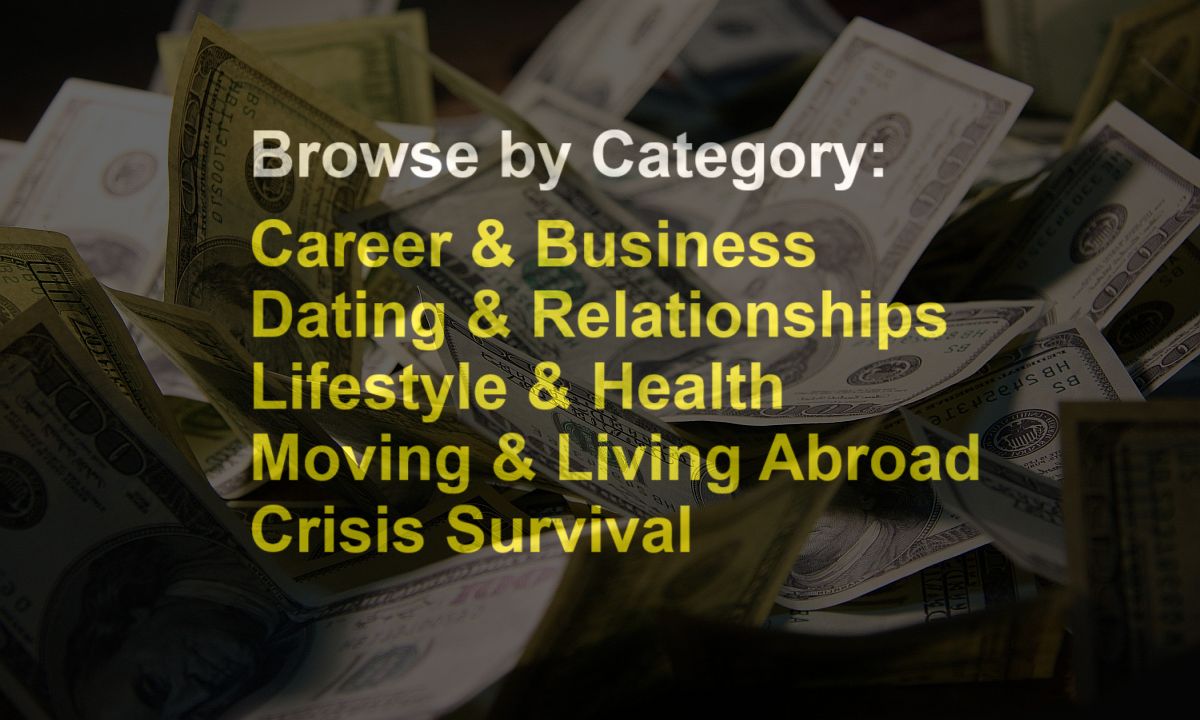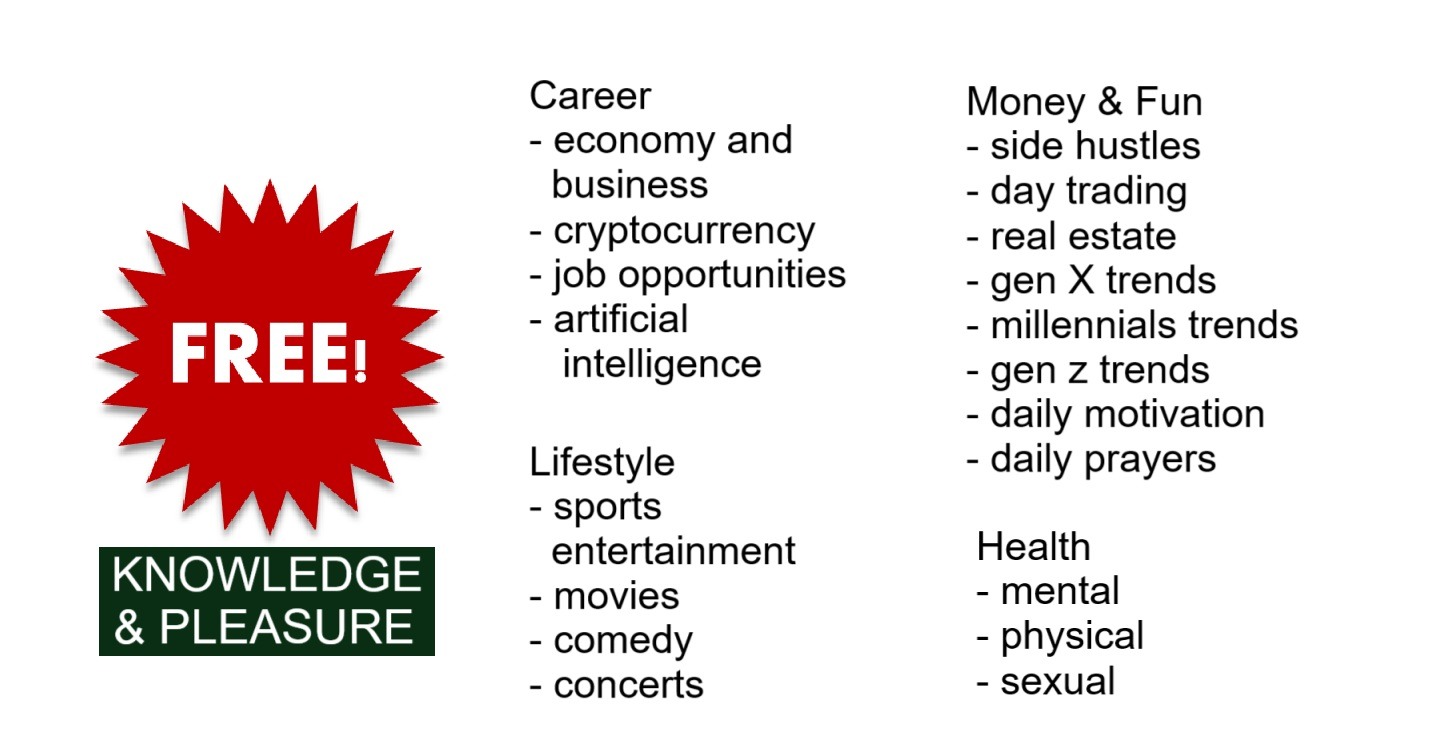Last Updated on April 12, 2025 by Royce Pierpont
The amusement, gambling, and recreation industries offer excitement and leisure, but they are also subject to economic fluctuations, technological advancements, and evolving consumer preferences. If you’ve recently experienced a layoff in this sector, or fear one is looming, it’s natural to feel uncertain about your future. This comprehensive guide provides a roadmap to navigate the job market, address potential challenges, and re-engineer your skills for a successful career transition.
Understanding the Landscape: Challenges Facing Job Seekers in the Amusement, Gambling, and Recreation Industries
Before diving into job search strategies, it’s crucial to acknowledge the hurdles you might face. Being aware of these challenges will allow you to develop proactive solutions and tailor your job search accordingly.
- Economic Sensitivity: The amusement, gambling, and recreation industries are highly susceptible to economic downturns. When disposable income shrinks, people tend to cut back on leisure activities. This can lead to layoffs and increased competition for available jobs.
- Seasonality: Many roles within these industries are seasonal, with peak periods during holidays, summer vacations, and specific events. If you were employed in a seasonal position, transitioning to a year-round role might require additional skills or a shift in career focus.
- Technological Disruption: Automation, AI, and robotics are increasingly impacting various roles within the industry. For example, AI-powered systems can optimize pricing strategies in casinos, potentially reducing the need for human analysts. Similarly, robots can handle repetitive tasks in amusement parks, potentially impacting ride operators and maintenance staff.
- AI Risks: AI is being deployed to personalize customer experiences, automate tasks once performed by marketing staff, and even assist in game development, potentially affecting game designers and artists.
- Robotic Risks: Robots are being used for security, cleaning, and even entertainment in large venues, potentially impacting roles in those areas.
- Evolving Skillsets: The skills required for success in the amusement, gambling, and recreation industries are constantly evolving. The need for adaptability and continuous learning is more crucial than ever.
- Education and Training Constraints: Depending on your previous role, your formal education and training might not directly align with emerging opportunities in these or related industries. You may need to acquire new skills or certifications to enhance your marketability.
- Obsolescence at Past Job: The industry changes rapidly. Skills and knowledge that were valuable in your previous role might now be outdated. Remaining current with industry trends and technologies is vital.
- Regulatory Changes: Changes in gambling regulations, health and safety standards, or environmental policies can impact employment opportunities. Staying informed about these changes is essential for anticipating future job market trends.
- Competition: You’ll likely face competition from other laid-off workers, recent graduates, and individuals seeking career changes. Differentiating yourself through skills, experience, and a proactive approach is crucial.
Re-Engineering Yourself for Success: Strategies to Overcome Challenges
Now that you’re aware of the challenges, let’s explore strategies to re-engineer your skills and increase your chances of finding a new job.
- Skills Assessment and Gap Analysis:
- Identify your strengths: List your skills, experiences, and accomplishments from your previous role(s).
- Research in-demand skills: Explore job boards, industry publications, and professional networking sites to identify the skills employers are seeking in the amusement, gambling, recreation, and related industries.
- Identify skill gaps: Compare your current skillset with the desired skills and highlight any gaps that need to be addressed.
- Upskilling and Reskilling:
- Online Courses: Platforms like Coursera, Udemy, and LinkedIn Learning offer a wide range of courses in areas such as data analytics, digital marketing, project management, and customer service.
- Certifications: Consider pursuing industry-recognized certifications relevant to your desired career path. Examples include project management certifications (PMP), data analysis certifications (e.g., Google Data Analytics Professional Certificate), or digital marketing certifications (e.g., Google Ads certifications).
- Vocational Training: Explore vocational training programs offered by community colleges or technical schools. These programs can provide hands-on training in specific skills, such as hospitality management, event planning, or casino operations.
- Industry Conferences and Workshops: Attend industry conferences and workshops to learn about emerging trends, network with professionals, and gain valuable insights.
- Embrace Technology and Adaptability:
- Develop Digital Literacy: Become proficient in using various software applications, data analysis tools, and digital marketing platforms.
- Learn Basic Coding: Basic proficiency in coding, especially scripting languages like Python, can be invaluable for automating tasks and analyzing data.
- Stay Updated on AI and Robotics: Understand how AI and robotics are being used in the amusement, gambling, and recreation industries and identify ways to leverage these technologies to enhance your skills.
- Networking and Building Connections:
- LinkedIn: Update your LinkedIn profile and actively connect with professionals in your industry and target roles.
- Industry Associations: Join relevant industry associations and attend their events to network with potential employers and learn about job opportunities.
- Informational Interviews: Reach out to professionals working in your target roles and request informational interviews to learn more about their experiences and gain valuable insights.
- Tailoring Your Resume and Cover Letter:
- Highlight Transferable Skills: Focus on skills that are transferable to other industries or roles, such as customer service, communication, problem-solving, and teamwork.
- Quantify Your Accomplishments: Use numbers and metrics to quantify your achievements and demonstrate your impact on your previous employer.
- Customize for Each Job: Tailor your resume and cover letter to each job you apply for, highlighting the skills and experiences that are most relevant to the specific requirements of the position.
- Consider Alternative Career Paths:
- Related Industries: Explore job opportunities in related industries, such as tourism, hospitality, event management, or entertainment.
- Entrepreneurship: Consider starting your own business in the amusement, gambling, or recreation industries.
- Freelancing: Offer your skills and services on a freelance basis, providing consulting, event planning, or marketing support to businesses in the industry.
- Addressing the Age Factor
- Embrace continuous learning: Never stop learning new skills and technologies. Staying current demonstrates your commitment to growth and adaptability.
- Highlight your experience: Emphasize the depth of your knowledge and the value of your past experiences.
- Network effectively: Build relationships with people of all ages and backgrounds.
Understanding Your Competition
Knowing who you’re competing against will help you refine your strategy. Your competition will likely consist of:
- Other Laid-Off Workers: Individuals with similar experience and skillsets.
- Recent Graduates: Individuals with fresh knowledge but potentially less practical experience.
- Career Changers: Individuals from other industries seeking a change of pace or new opportunities.
- Internal Candidates: Existing employees within companies who are vying for the same positions.
How to Effectively Compete
To stand out from the competition:
- Showcase your unique value proposition: Clearly articulate what makes you a better candidate than others.
- Demonstrate your passion and enthusiasm: Let your passion for the industry shine through.
- Highlight your adaptability and willingness to learn: Emphasize your ability to adapt to new technologies and challenges.
- Build a strong online presence: Create a professional online presence that showcases your skills and experience.
- Network strategically: Build relationships with key decision-makers in your target companies.
Conclusion
Being laid off is undoubtedly a difficult experience, but it’s also an opportunity for growth and reinvention. By understanding the challenges, re-engineering your skills, and adopting a proactive job search approach, you can increase your chances of finding a new job in the amusement, gambling, and recreation industries or a related field. Remember to stay resilient, embrace continuous learning, and never give up on your career goals. Good luck!









